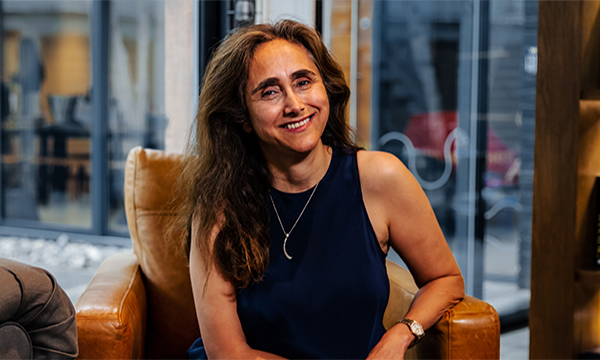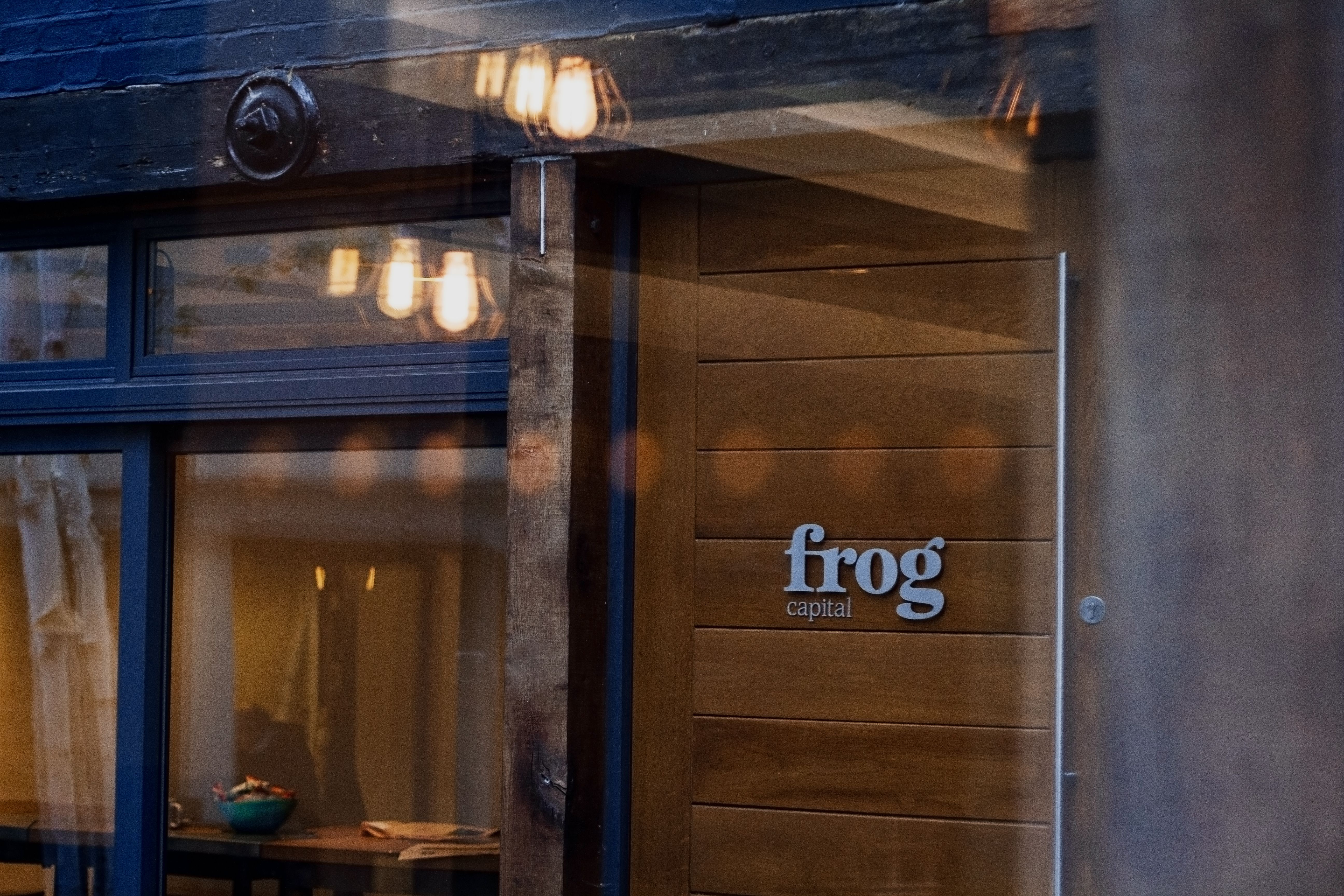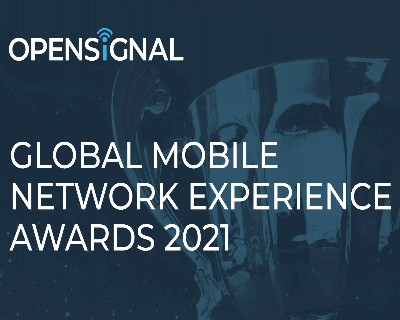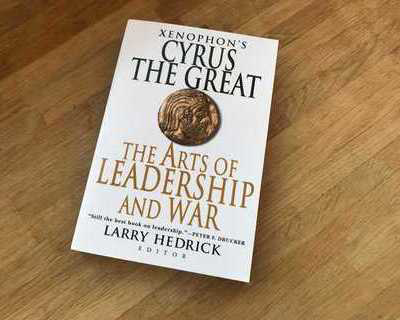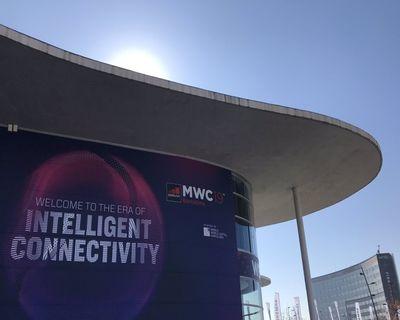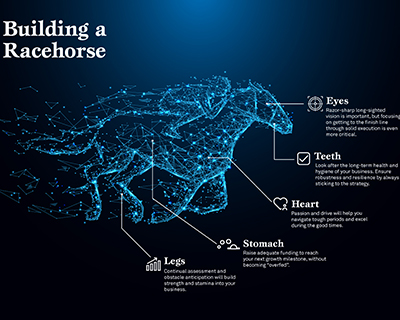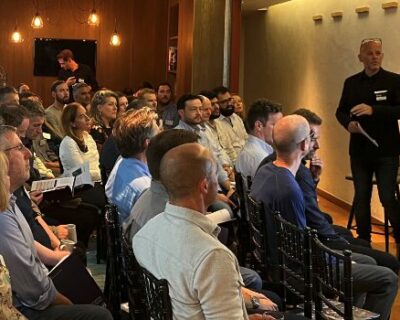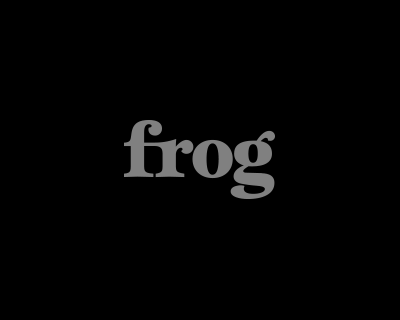Last week, I met with a selection of Bristol’s up-and-coming technology CEOs over dinner to share my experiences on what makes a resilient CEO.
Earlier this year we established the Frog Scale Up Supper Club – an initiative to bring tech CEOs together. The vision was to create an intimate setting to encourage conversation and enable CEOs to share stories of their scale up journey. Based on my experience as a tech CEO, we are keen to support CEOs as they scale and share expertise and experience. It can be a lonely journey and the feedback we have received has been resoundingly positive.
We kicked off in Cambridge this Spring and the Summer event was hosted in partnership with Estrella Green in Bristol. This Autumn will find us in Manchester and the Winter Supper Club will be at an exclusive venue in Southampton. Given the level of engagement and interest, we will roll out into Europe during 2019.
We all know the statistic: 9 out of 10 start-ups fail within their first five years. The CEO journey is a treacherous one. I had no salary for the first three years after I founded Arieso and it was hard – I ended up being very successful but I made a lot of sacrifices and learnt a great deal from my mistakes. As a former CEO, I think it’s really important to share what you’ve learnt with the next generation of entrepreneurs, to smooth their path: this is a big part of why I wanted to set up these CEO dinners.

Here are some of the lessons we discussed :
Communicate or lose out
It is true that you learn more from your mistakes than your successes.
What I came to understand is that technology is only a part of what makes a successful start-up. When you run a technology business, you need to own your leadership responsibilities and bring more focus to managing stakeholder relationships.
By not engaging enough with key decision makers from one of our major clients, I lost a huge contract. Loss of a major contract gave the momentum to my competitors and literally overnight 70% of my pipeline disappeared. I found myself having to explain to everyone why we lost such a major contract with a tier-1 customer. We forget we all suffer from “following the herd” syndrome and that’s exactly what happened, the industry in a herd-like fashion followed the perceived leader in my sector. This was the first time it really hit me that Tech doesn’t save the day – it only really ever accounted for 20% of my success at Arieso. Clearly a very critical 20%, but unless it’s mixed in with the right marketing, positioning, sales execution and delivery, it won’t be successful.
Creating a family feeling
Culture is absolutely crucial to running a successful business. In the early days of Arieso, culture was hardly among my top priorities. I gradually saw the correlation between having a strong team and getting great results – you need to surround yourself with the right people for the business.
Even with a brilliant team, it can be challenging to create a culture of loyalty – we found this even tougher managing a remote team. The secret is to stop and celebrate all the small successes – not just the biggest contracts won or new markets conquered, but the great feedback on a new feature or the internal targets you’ve exceeded.
Every quarter, we invited the entire customer-facing team for a big sales conference which later on morphed into a company-wide conference when we were bigger and could afford it. This was expensive but necessary – 50 percent of our staff was outside of UK. With offices and people in Europe, US, Asia, Middle East, Africa and South America, it was critical to get everyone back to ranch at least once a year.
When the business was profitable we also started having annual summer balls and for these everyone (without exception) would be invited with their partner. Again, these were an amazing way of ensuring the family culture continued and made everyone feel part of the team. The culture was absolutely incredible, with camaraderie, passion and drive that frankly is hard to describe. I built a team that wanted to succeed and failure was simply not an option. This meant people worked incredibly hard but we made sure we also played hard.
How to cope with stress of being the CEO
The CEO role is incredibly stressful and quite a lonely role. What you do, what you say and how you say it will be watched and interpreted by every person that works for you, every person that invested in you, your board and your customers.
The biggest stress for me was being responsible for the livelihood and future careers of so many people who worked for me and their families, as well as ensuring I didn’t screw up and lose everyone’s money who had invested in me. One of the CEOs attending the dinner who has founded his own company was in my senior team at Arieso and he remembers asking me what it’s like to be a CEO/founder and how I felt now that I’ve sold the business. He recited my answer to be “it’s like carrying the weight of the world on your shoulders, and when you exit that weight gets lifted”.
At dinner, we discussed how different CEOs cope with the stress and the loneliness of the job. For me, personally, running and a great relationship with my mentor and Chairwoman was my saviour. For other CEOs, it’s taking a walk in the countryside where they can be alone in nature. Some mentioned yoga. It was interesting we all had a way to cope with the stress of the job.
Being a CEO has a profound impact on your health, family and friends. It’s important you find ways to destress and have a trusted relationship with a mentor, preferably a board member or an advisor that also understands your business.


